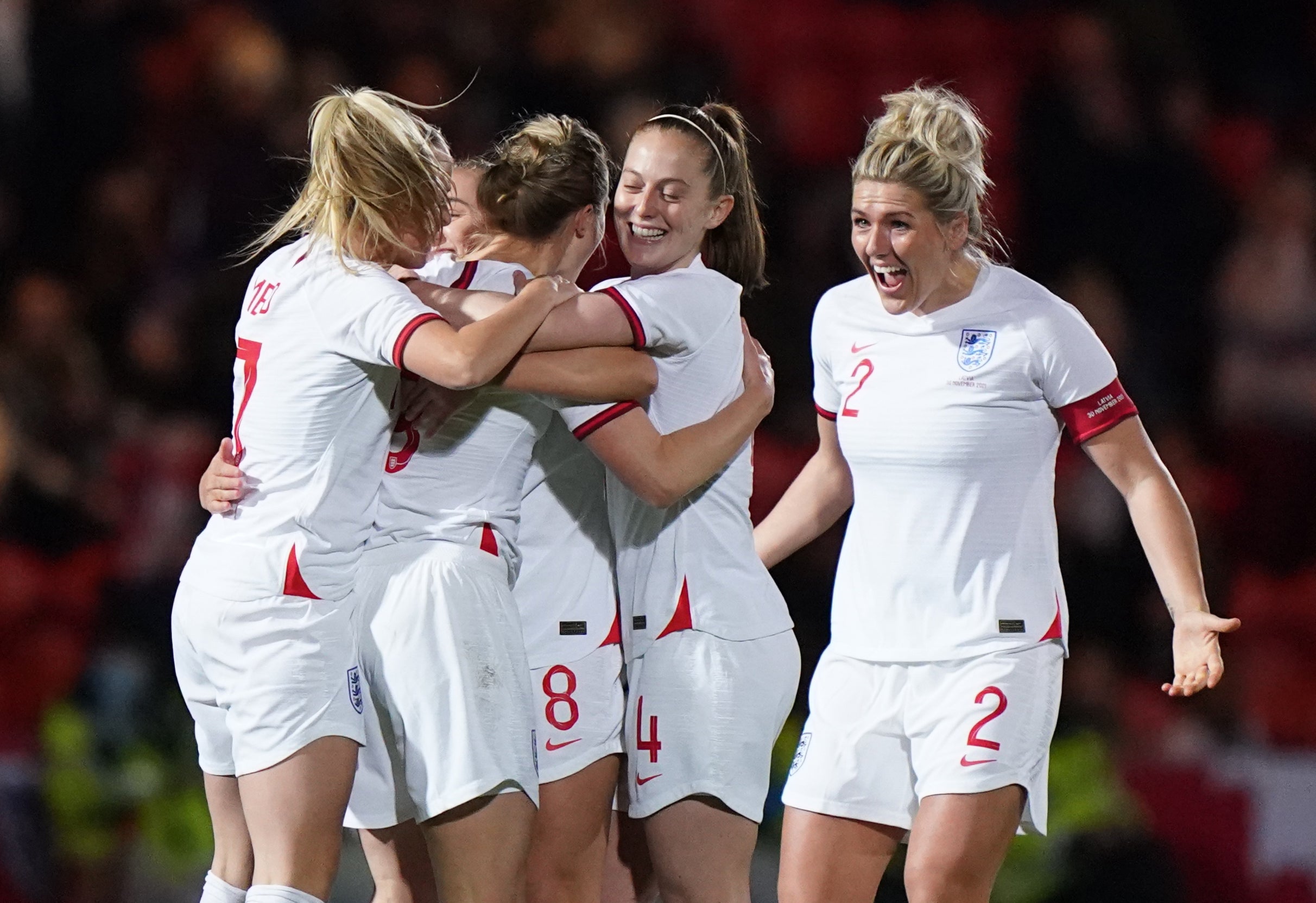Male football fans ‘highly sexist and misogynistic’ towards women’s sport, study finds
Increased media coverage of women’s sport met with ‘extreme hostility’ among some male fans

Male football supporters display “highly sexist and misogynistic” attitudes towards women’s sports on fan message boards, a study has found.
Researchers from Durham University surveyed 1,950 male football fans who responded to a call for participants on 150 UK online forums.
They found that messages from the fans “strongly represented” progressive views, but these were not as common as “hostile and sexist attitudes”.
The study authors suggest these attitudes show a backlash against the increased visibility of women’s sport, particularly since the 2012 London Olympic Games and the 2015 Fifa Women’s World Cup.
They called for more coverage of women’s sport to “drive more gender equality and promote social justice”.
The study was funded by the Arts and Humanities Research Council and published in the academic journal Sociology. It was led by researchers from Durham University, alongside researchers at the University of Leicester and University of South Australia.
Lead author Dr Stacey Pope, from Durham University’s Department of Sport and Exercise Sciences, said: “This is the first study to examine UK men football fans’ attitudes to women’s sport in an era in which women’s sport has experienced a significantly increased media profile.
“Our research showed that attitudes towards women in sport are, to some extent, changing, with more progressive attitudes.”
She added: “However, the findings are also reflective of a patriarchal society in which misogyny is rife.
“There were numerous examples of men from across all generations exhibiting highly sexist and misogynistic attitudes.”
Fans answered open-ended questions in the survey and could be divided into three attitude groups, which were progressive masculinities, overt misogynistic masculinities, or covert misogynistic masculinities.
Men with progressive attitudes showed strong support for equality in media coverage of women’s sport, with many saying the 2015 Fifa Women’s World Cup was a positive turning point.
But men who held openly misogynistic attitudes towards women’s sport believed it was inferior to men’s sport, particularly in relation to football.
Some fans who fell into the overt misogynistic masculinities category suggested women should not participate in sport at all, or if they did, it should be in “feminine” sports such as athletics.
The researchers also found “extreme hostility” towards the increasing media coverage of women’s sport, which was seen as “positive discrimination” or “PC nonsense”.
The final group of fans, who were in the minority, would express progressive attitudes in public, but revealed misogynistic views of women’s sport in more private moments.
This group adapted what they said depending on the social situation or who they were with.
Co-author John Williams, from the University of Leicester, said: “The increase in media coverage of women’s sport on both the BBC and subscription channels was openly supported by some men.
“But it also clearly represents, for others, a visible threat - an attack on football as an arena for ‘doing’ masculinity.
“This is at a time when there are more widespread anxieties circulating among men about how to establish and perform satisfying masculine identities.
“For men like these, there was a pronounced anti-feminist backlash towards the women’s game.”
Additional reporting by PA
Join our commenting forum
Join thought-provoking conversations, follow other Independent readers and see their replies
Comments
Bookmark popover
Removed from bookmarks